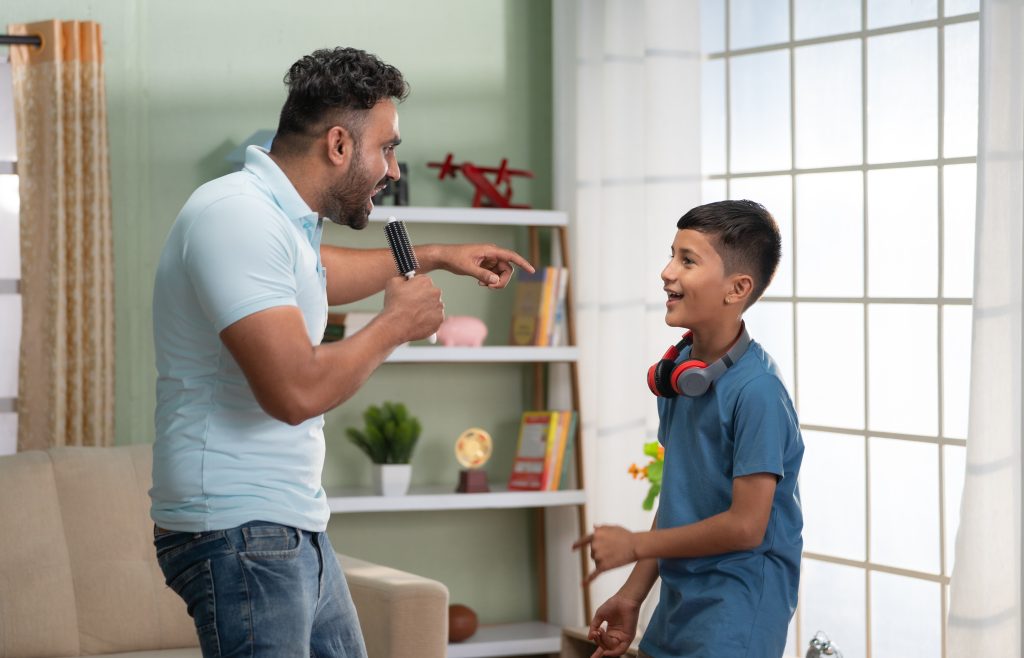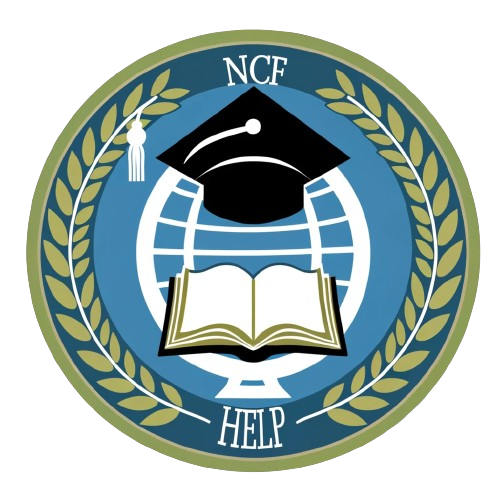Keywords: NCF, Music Education, Interdisciplinary Learning, Student Engagement, Creative Learning, NCF-SE 2023
Hashtags: #NCFMusic #MusicEducation #CreativeLearning #NCFSchools #MusicAndLearning
According to Indian musicology, Sangeet is a combination of Geet, Vadya and Nritya (Geet= vocal music, Vadya=instrumental music and Nritya=dance). Vishnu, one of three supreme Gods of Hinduism, told Narada—Naham tisthami Baikunthe, Yoginam hridaye nacha. Matbhaktah yatra gayanti, tatra tisthami Naradah. (Translation: I do not reside in the Heavenly abode of Baikuntha, nor in the heart of the Yogis. Wherever my devotees sing in spirit, I reside there, Narada.

Why is music so important as a subject?
Music has a profound impact on our minds, emotions, and even our bodies. Beyond its ability to entertain and uplift, music has been increasingly recognized for its potential to enhance learning across various domains. From improving memory retention to fostering creativity, the integration of music into educational settings has shown promising results. This article explores the multifaceted ways in which music can amplify the learning experience and offers insights into how educators and learners alike can harness its power.
Cognitive Power Through Music
Music has a unique ability to engage multiple regions of the brain simultaneously, making it a potent tool for cognitive enhancement. Research suggests that listening to classical music, like the intricate ragas of Indian classical music, can activate different parts of the brain all at once. For instance, the intricate patterns found in classical music can challenge the brain to interpret and analyze complex auditory stimuli, thereby sharpening cognitive abilities. Think of it like a mental exercise that helps your brain perform better in every subject.
Memory Boost with Melodies
Music is not just for enjoyment; it’s a secret weapon for improving memory. I suggest the Tabla or a Sitar as tonics as their repetitive patterns, help make learning stick in our minds. By associating specific pieces of music with academic content or concepts, learners can create powerful memory cues that facilitate recall during studying or exams, just like they remember their favorite songs. A gentle background tune can even help during revision times, providing an ideal environment for learning and retention.

Emotions and Learning
Feeling low while teaching or learning a heavy dose of Maths? Music can help keep up your motivation as it has a profound impact on our emotions. In the classroom, the right music can help create a peaceful environment where students feel calm and ready to learn. Soft instrumental music might reduce stress during exams, while lively Bollywood hits can make learning more fun and engaging. It’s about finding the right musical mood to help students learn better. Trust me music can be incredibly useful and can be included in your lesson plan as per the NCF 2023.
Creativity with Notes
Music opens up a world of creativity. Engaging with music, whether it’s singing a familiar Bollywood tune, playing the harmonium, or composing a small piece, encourages students to think out of the box and explore new ideas. By integrating music into interdisciplinary projects, educators can inspire students to approach learning from different perspectives and cultivate their creative potential. Furthermore, collaborative music-making experiences promote teamwork, communication, and problem-solving skills, enriching the educational experience holistically. This helps students see things from various angles and enhances their overall learning experience.
Cultural Appreciation and Diversity
Music is a beautiful way to explore and appreciate different cultures, traditions, histories, and perspectives. By incorporating Indian folk music, classical music, and contemporary tunes into lessons, teachers can broaden students’ understanding of their rich heritage and the world beyond. Exposing learners to different musical styles and traditions not only enriches their cultural literacy but also promotes empathy, tolerance, and respect for diversity. Moreover, music can serve as a platform for exploring social issues and promoting dialogue on topics such as identity, social justice, and human rights, fostering a more inclusive classroom.
Harmonizing my Music Lessons with the National Curriculum Framework 2023
As a music teacher, I’ve always believed in the power of music to move, inspire, and connect, but the NCF-SE 2023 opened my eyes to the incredible potential of music to enhance learning across all subjects. It’s like discovering a secret chord that unlocks a symphony of possibilities in the classroom!

Beyond Do-Re-Mi: The Impact of Music on Learning
The NCF encourages a holistic and interdisciplinary approach, recognizing music as a valuable tool for cognitive, emotional, and social development. Here’s how I’ve seen music work its magic in my classroom:
- Memory Maestro: Remember struggling to memorize historical dates or scientific formulas? I worked with other subject teachers through the interdisciplinary approach and we turned mnemonics into catchy songs and raps, and suddenly, students were recalling information with ease. Music’s rhythm and melody act like hooks for the brain, making learning more fun and memorable.
- Math Melodies: Fractions and rhythms have a lot in common! We explored mathematical concepts like fractions, ratios, and patterns through music, using rhythm instruments and creating our own compositions. Suddenly, math wasn’t just about numbers; it was about creating beautiful sounds and understanding the underlying structure of music.
- Language Lyrics: Songwriting became a language arts activity with my English teaching colleagues! Students learned about rhyme schemes, metaphors, and imagery while crafting their own lyrics. They even translated poems into songs and explored the musicality of different languages.
- Global Grooves: Some students do find Geography boring, no offence to my Geography colleagues! For this reason, we embarked on a musical world tour, exploring diverse cultures and traditions through their music. Students learned about different instruments, musical styles, and the cultural significance of music in various societies. Social Studies was fun again! It was a celebration of diversity and a journey of discovery!
- Science Symphonies: This was the easiest subject for lesson planning as there are a lot of common topics between Physics and Music. We investigated the science behind sound, exploring concepts like pitch, frequency, and vibration through hands-on experiments and musical exploration. Students even built their own simple instruments and discovered the physics behind how music is created. For Biology, we did an amazing experiment by letting a batch of wheat grow with music and see higher growth in the school botanical garden as compared to the plants without any source of music. It was mind-blowing to see the power of music on plants!

Challenges? Of Course!
Finding the right resources, integrating music into different subjects, and convincing some colleagues that music is more than just an “extra” activity were all part of the process. Feeling a lack of resources or just wanting to share your experiences? Contact me with your ideas and questions and I will be happy to help you in the comments.
The rewards?
Seeing my students’ eyes light up as they discover the joy of music and its power to enhance learning is truly inspiring. The NCF has helped me create a classroom where music isn’t just a subject, but a language, a tool, and a bridge to a world of knowledge and understanding. As we harmonize education with the melodies of music, we pave the way for a more vibrant, interconnected, and fulfilling learning journey.


Comments
2 responses to “Power of Music in Indian Education: The How and Why of Enhancing Learning with NCF”
Very relevant article in this day
Thank you!